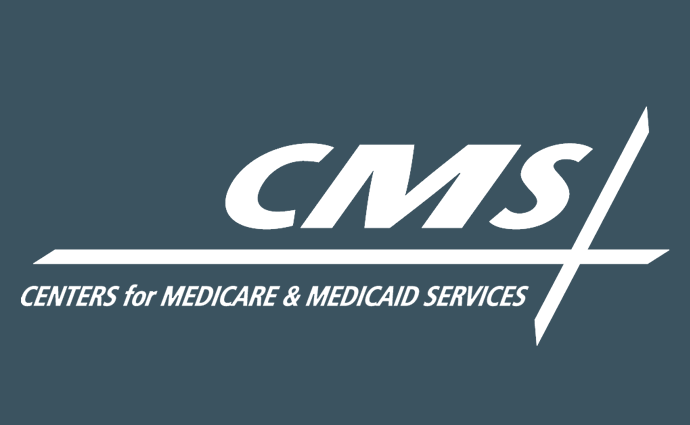CMS Reveals More Flexibility with Medicare Payment, MSSP Changes
New flexibilities will enable hospitals to deliver a wider range of care during the COVID-19 crisis, including telehealth and value-based care, and still receive stable, predictable Medicare payment, CMS stated.

Source: Centers for Medicare & Medicaid Services
- In an effort to bolster the healthcare system’s response to COVID-19, CMS recently unveiled additional Medicare payment flexibilities for providing telehealth, value-based care, and care outside of hospital walls during the public health emergency.
For more coronavirus updates, visit our resource page, updated twice daily by Xtelligent Healthcare Media.
Hospitals increasing the number of beds for COVID-19 patients will receive stable, predictable Medicare payments, CMS revealed in the announcement yesterday.
The rule ensures that teaching hospitals, inpatient psychiatric facilities, inpatient rehabilitation facilities, and hospital systems with rural health clinics will not face reduced Medicare payments for increasing the number of beds or patients admitted to alleviate the burden on the acute care system.
Certain provider-based hospital outpatient departments that have had to relocate off-campus due to the COVID-19 crisis will also still be paid under the Outpatient Prospective Payment System (OPPS), CMS announced. The rule also enables hospitals to relocate outpatient departments to more than one off-campus location or partially relocate off-campus.
More providers will also be able to furnish and bill for telehealth services, according to the rule. To expand telehealth during the emergency, CMS is waiving limitations on types of providers who can furnish telehealth and allowing hospitals to bill for remote services for hospital outpatients.
Among the flexibilities announced yesterday were also long-awaited changes to the Medicare Shared Savings Program (MSSP). CMS revealed that it will adjust the financial methodology when determining expenditures for accountable care organizations (ACOs).
“Because the impact of the pandemic varies across the country, CMS is making adjustments to the financial methodology to account for COVID-19 costs so that ACOs will be treated equitably regardless of the extent to which their patient populations are affected by the pandemic,” the federal agency stated.
ACOs that must assume additional financial risk in their next agreement period per program rules will also have the option to maintain the current financial risk level for another year, CMS announced.
Additionally, the agency is forgoing the application cycle for 2021 and allowing ACOs whose participation is slated to end this year the option to extend another year.
The National Association of ACOs (NAACOS) called on CMS to modify the financial methodology last month. The group described yesterday’s rule “a fair way to handle ACO performance during a global public health pandemic” despite having some reservations about the new method for determining ACO expenditures.
“NAACOS remains concerned about the uncertainty of the length of the public health emergency and believes COVID-related costs should be removed from the entire performance year,” the association stated on its website. “We hope CMS will continue to work with ACOs to address other issues that are arising, such as making adjustments to standard quality assessments to account for the impact of COVID-19.”
The group also urged CMS to open a partial 2021 performance year and extend the MSSP dropout deadline to alleviate concerns about the program’s participation rates during the crisis.
Other key Medicare payment flexibilities announced yesterday include:
- Exceptions for requirements that stop freestanding inpatient rehabilitation facilities to accept patients from acute-care hospitals facing a surge, even if the patients do not need rehabilitation care
- Payments for outpatient hospital services (e.g., wound care, drug administration, and behavioral health services) and partial hospitalization services, including patient education, delivered in temporary expansion locations, including patient homes when they are temporarily designated as part of a hospital
- Higher payments for long-term acute-care hospitals accepting acute-care hospital patients
- Stable Medicare payment rates for teaching hospitals that transfer residents to other hospitals to meet coronavirus-related needs
To view all the flexibilities announced yesterday, please click here.
